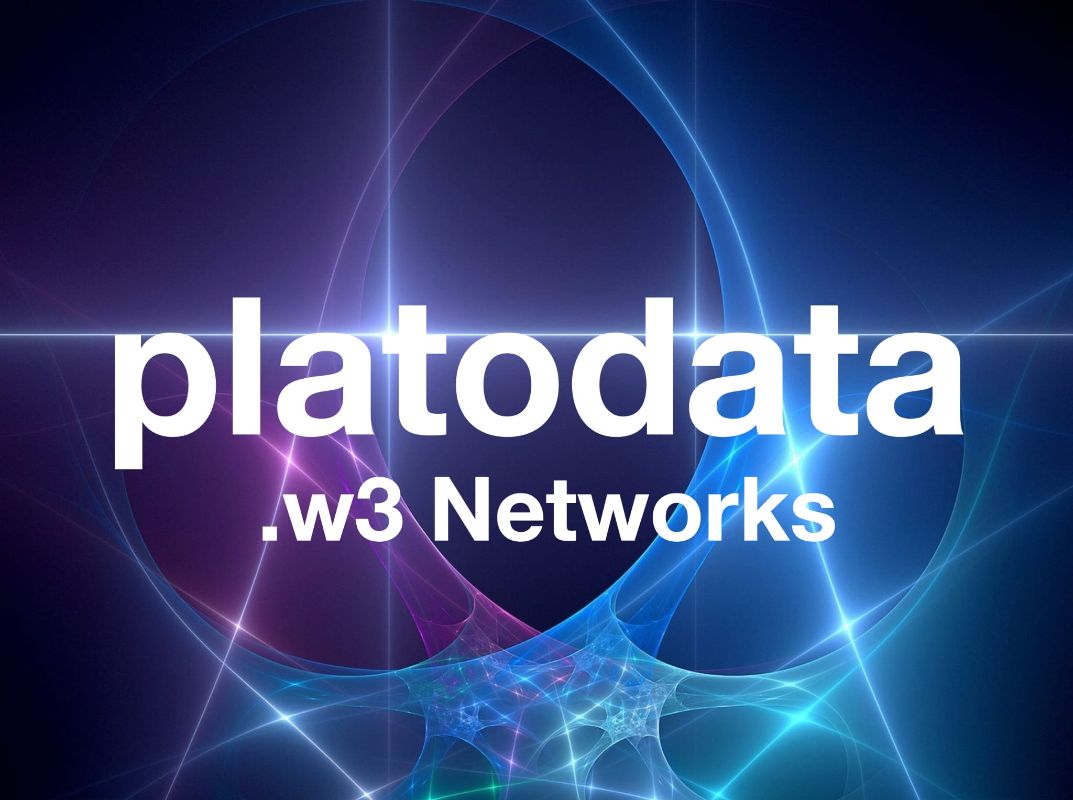The Unique Capabilities of Hyperscale Vendors Required for the Growing Demand of Massive IoT
The Internet of Things (IoT) has been rapidly expanding in recent years, with an increasing number of devices being connected to the internet. From smart homes and wearable devices to industrial sensors and autonomous vehicles, the IoT has the potential to revolutionize various industries and improve our daily lives. However, as the number of connected devices continues to grow exponentially, there is a need for hyperscale vendors with unique capabilities to meet the demands of massive IoT.
Hyperscale vendors are companies that provide cloud computing services on a massive scale. They have the infrastructure, resources, and expertise to handle the enormous amount of data generated by IoT devices. These vendors offer a range of services, including data storage, processing, analytics, and security, all of which are crucial for managing and harnessing the power of massive IoT.
One of the unique capabilities of hyperscale vendors is their ability to handle massive amounts of data. With billions of IoT devices generating data every second, traditional data centers simply cannot cope with the sheer volume. Hyperscale vendors have built data centers that can scale horizontally, meaning they can add more servers and storage as needed, allowing them to handle the ever-increasing data influx from IoT devices.
Another capability of hyperscale vendors is their advanced analytics capabilities. The data generated by IoT devices is often unstructured and comes in various formats. Hyperscale vendors have developed sophisticated algorithms and machine learning models that can process and analyze this data in real-time. This enables businesses to gain valuable insights from their IoT deployments, such as predictive maintenance, anomaly detection, and optimization of operations.
Furthermore, hyperscale vendors have robust security measures in place to protect the vast amount of sensitive data transmitted by IoT devices. As more devices become connected, the risk of cyberattacks and data breaches increases significantly. Hyperscale vendors invest heavily in security infrastructure, including encryption, access controls, and threat detection systems, to ensure the integrity and confidentiality of IoT data.
Scalability is another critical capability of hyperscale vendors. As the demand for IoT devices continues to grow, businesses need a scalable infrastructure that can handle the increasing workload. Hyperscale vendors offer elastic computing resources, allowing businesses to scale up or down based on their needs. This flexibility ensures that businesses can accommodate the growing demand for IoT devices without compromising performance or incurring unnecessary costs.
Additionally, hyperscale vendors have a global presence, with data centers located in various regions around the world. This global footprint enables businesses to deploy their IoT solutions closer to their end-users, reducing latency and improving the overall user experience. It also ensures compliance with local data protection regulations, as data can be stored and processed within the respective jurisdictions.
In conclusion, the growing demand for massive IoT requires unique capabilities that only hyperscale vendors can provide. Their ability to handle massive amounts of data, advanced analytics capabilities, robust security measures, scalability, and global presence make them indispensable in managing and harnessing the power of IoT. As the IoT continues to evolve and expand, businesses must partner with hyperscale vendors to leverage their expertise and infrastructure to unlock the full potential of massive IoT.
- SEO Powered Content & PR Distribution. Get Amplified Today.
- PlatoData.Network Vertical Generative Ai. Empower Yourself. Access Here.
- PlatoAiStream. Web3 Intelligence. Knowledge Amplified. Access Here.
- PlatoESG. Carbon, CleanTech, Energy, Environment, Solar, Waste Management. Access Here.
- PlatoHealth. Biotech and Clinical Trials Intelligence. Access Here.
- Source: https://zephyrnet.com/massive-iot-demands-the-unique-capabilities-of-hyperscale-vendors/


How ‘Dune’ Became a Beacon for the Fledgling Environmental Movement—and a Rallying Cry for the New Science of Ecology
Dune, widely considered one of the best sci-fi novels of all time, continues to influence how writers, artists, and inventors...